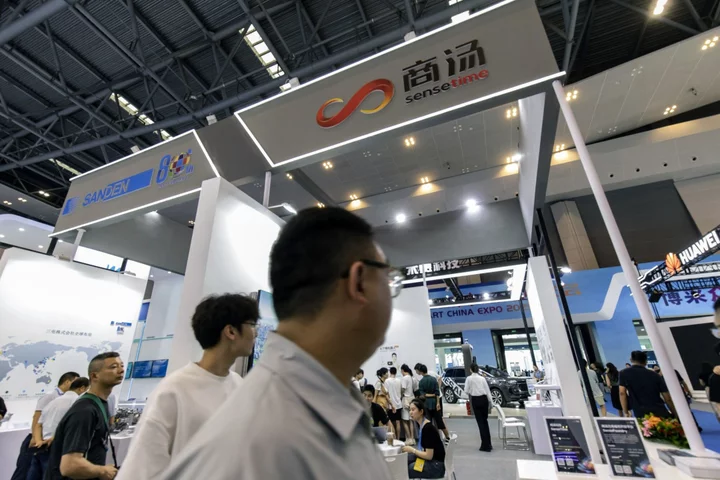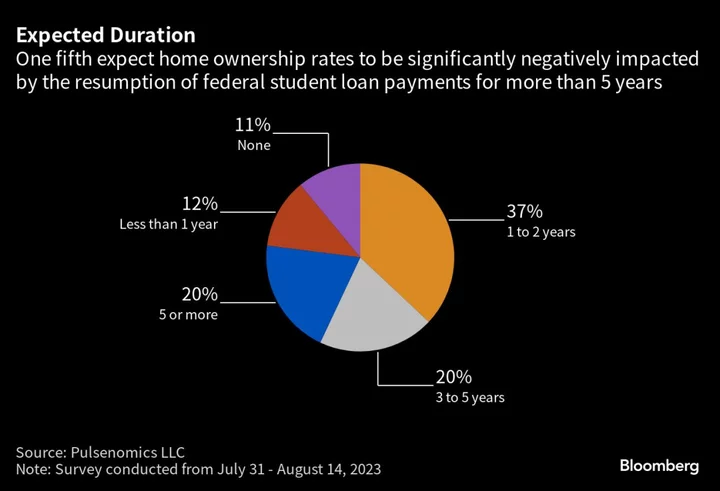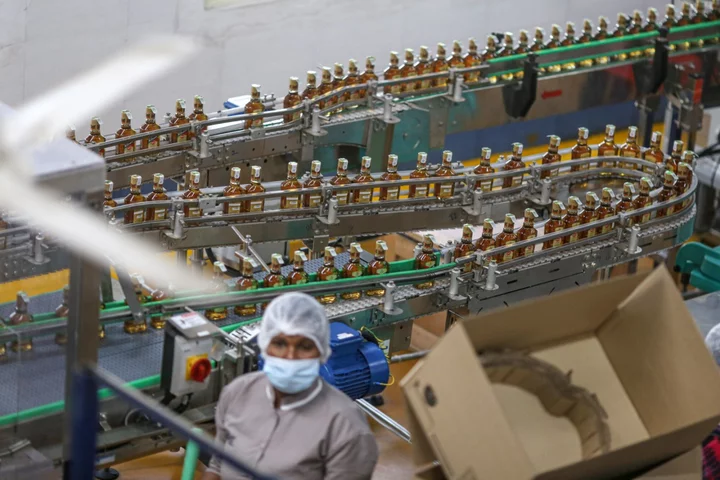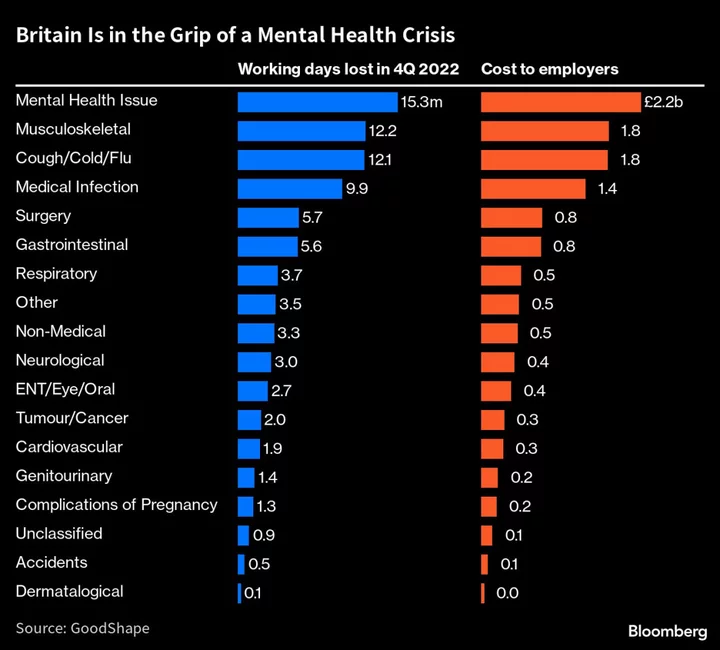SenseTime Group Inc. is exploring carving out its autonomous driving and health care units for separate fundraising, people familiar with the matter said, as the Chinese AI company looks to expand these businesses.
The Hong Kong-listed firm has approached potential investors for the funding plans, said the people, who asked not to be identified as the information is private. SenseTime is looking to sell partial stakes in the units to other companies in the industry, followed by financial investors at a later stage, one of the people said.
Considerations are at an early stage and SenseTime hasn’t made final decisions including valuation targets for the units, said the people. The company could also decide against pursuing any deals, they said. A representative for SenseTime didn’t respond to requests for comment.
Founded by computer scientists in 2014, SenseTime specializes in AI-powered software that analyzes faces and images on an enormous scale and works with law enforcement bodies, retailers and health-care researchers around the world, according to its website. It raised HK$5.78 billion ($740 million) in a Hong Kong initial public offering in December 2021 after concerns over US sanctions delayed the listing plans.
SenseTime was among the first Chinese tech firms to receive government approval to publicly roll out its own ChatGPT-like services. However, its growth has slowed since the company was blacklisted by the US government in 2019 on accusations related to human rights violations in China’s far-western region of Xinjiang. That has restricted its access to capital and crucial US tech components, which has been compounded in recent months by new curbs on the sale of advanced AI chips and chipmaking equipment to Chinese firms.
Shares of SenseTime have fallen about 38% this year, giving it a market value of roughly $5.9 billion. A critical report by short-seller Grizzly Research this week also weighed on shares, as the US firm alleged SenseTime inflated its reported revenues. SenseTime denied the allegations.
The company’s health care business focuses on offering AI-enabled diagnosis and treatment as well as hospital management platforms and medical research services for hospitals and medical institutions, according to its annual report.
The auto operation posted a revenue of about 293 million yuan ($41 million) last year, accounting for around 7.7% of the company’s total revenue. Its SenseAuto Cabin and SenseAuto Pilot products were adapted in 27 vehicle models with Nio Inc. and BYD Co. among its main customers. Its advanced driving assistance system was delivered to flagship models of GAC Motor Co. and Hozon New Energy Automobile Co.
--With assistance from Sarah Zheng.









